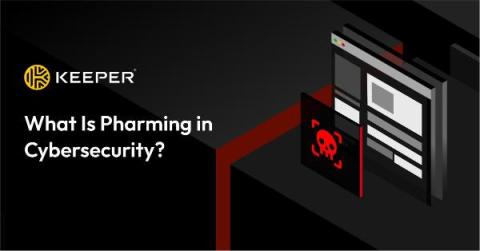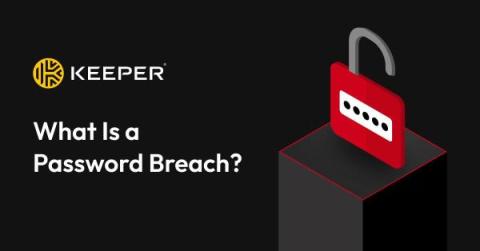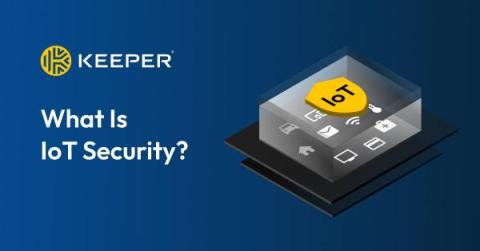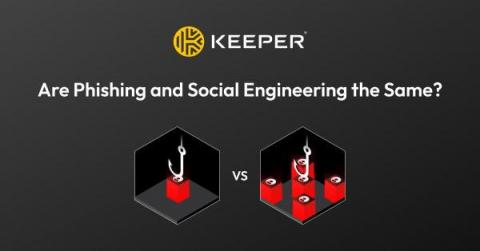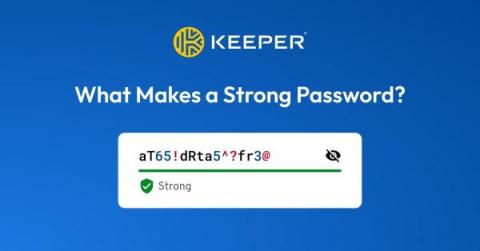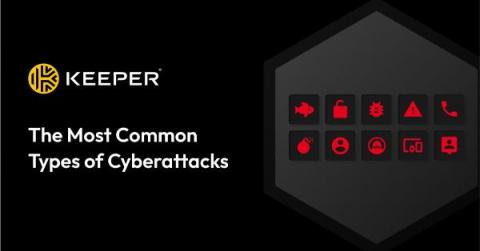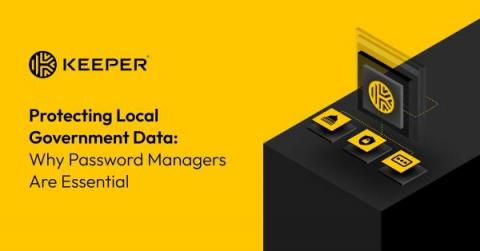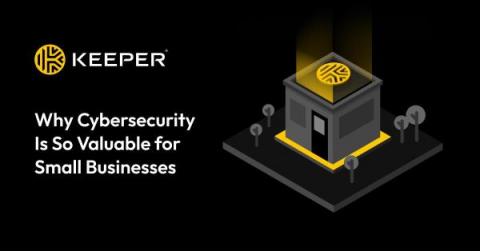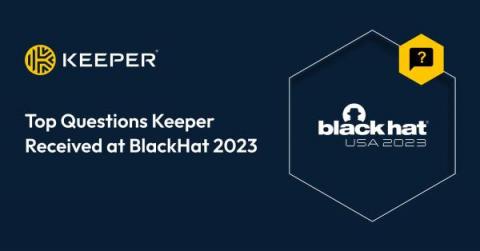What Is Pharming in Cybersecurity?
Pharming in cybersecurity is a type of cyberattack that redirects website traffic from a legitimate site to a spoofed site, or fake site, with the intent of stealing sensitive information such as passwords and credit cards. These fake sites look almost identical to legitimate sites and can be difficult to spot – but not impossible. Continue reading to learn how to identify a pharming attack and protect yourself from it.


